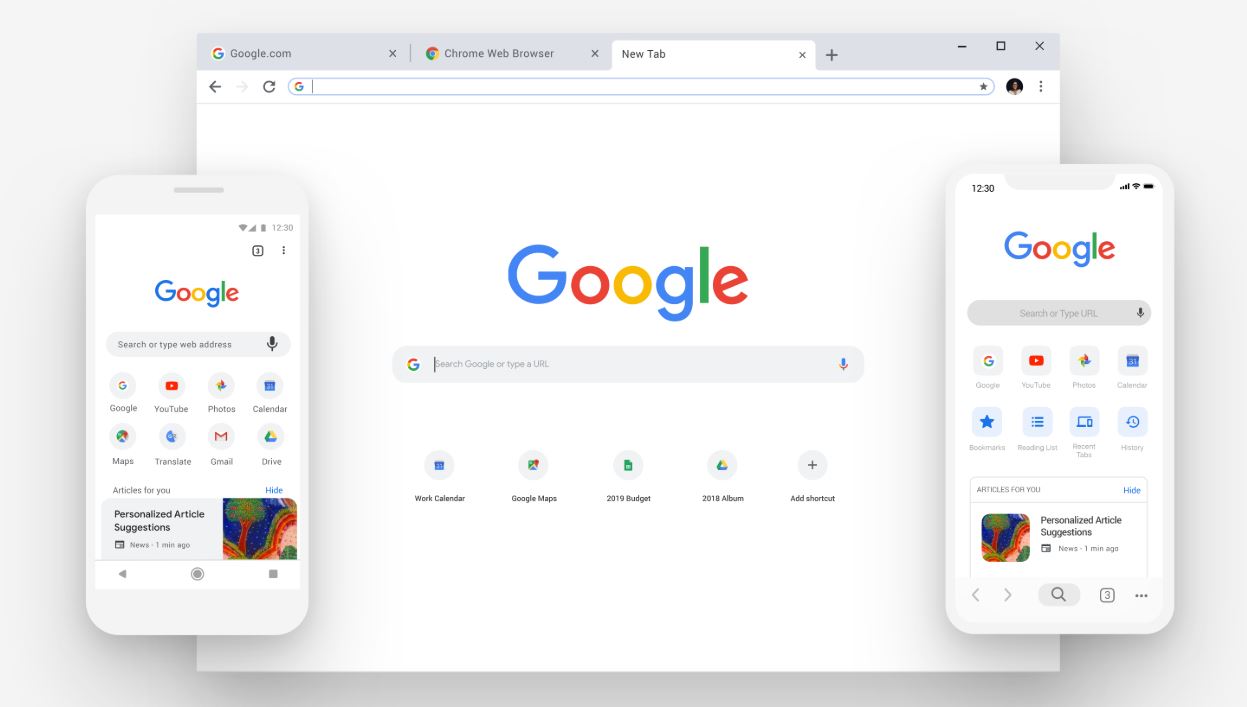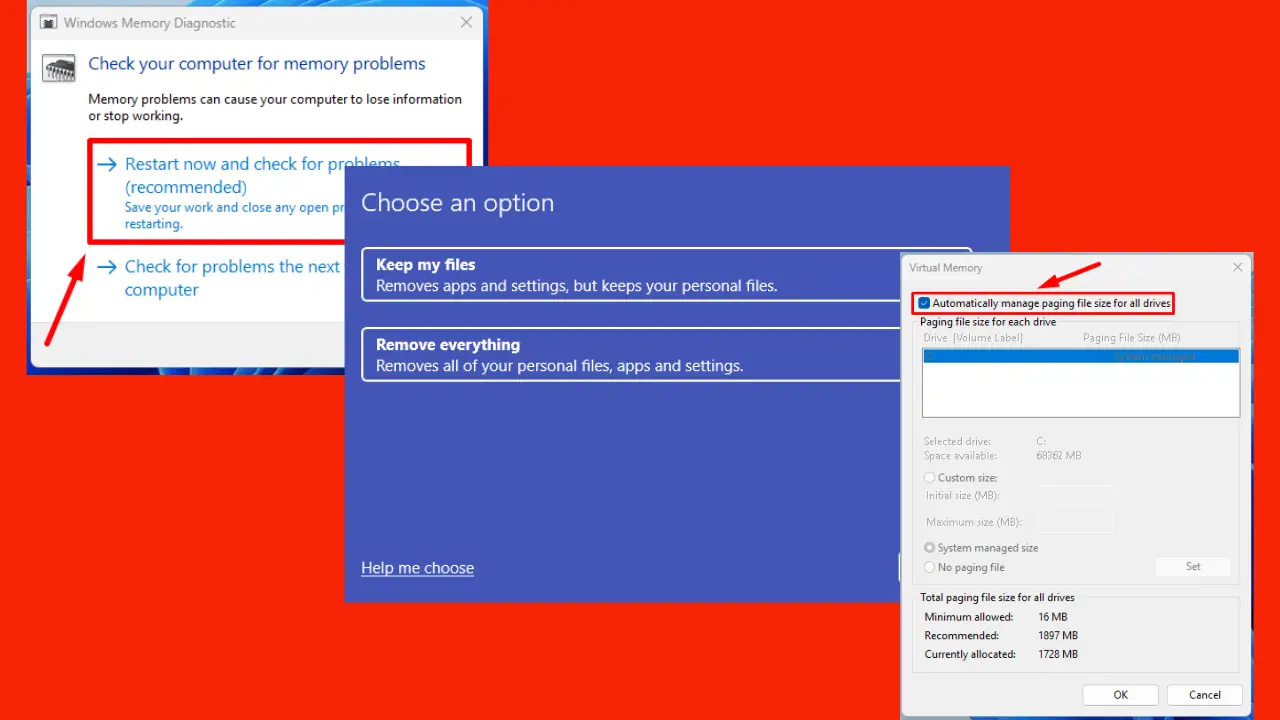Google is working on a privacy sandbox for the web
3 min. read
Published on
Read our disclosure page to find out how can you help MSPoweruser sustain the editorial team Read more

Privacy on the web has been a game of whack-a-mole between developers and platform makers ever since Microsoft mass-deployed Do Not Track in Windows 10. Google wants to change that with its new privacy sandbox, a series of proposals to web-standards that would make the web stronger for users.
“Technology that publishers and advertisers use to make advertising even more relevant to people is now being used far beyond its original design intent – to a point where some data practices don’t match up to user expectations for privacy. Recently, some other browsers have attempted to address this problem, but without an agreed-upon set of standards, attempts to improve user privacy are having unintended consequences,” Google explained on Thursday.
The firm has written out a set of ideas on what its Privacy Sandbox aims to address, both for users and for publishers alike.
- User information – First, let’s identify how user information is currently used in the ad ecosystem so that we can explore the development of the Privacy Sandbox’s privacy preserving APIs.
- Ad Selection – One of the most challenging questions is what your browser could do to allow a publisher to pick relevant content or show a relevant ad to you, while sharing as little information about your browsing history as possible.
We’re exploring how to deliver ads to large groups of similar people without letting individually identifying data ever leave your browser — building on the Differential Privacy techniques we’ve been using in Chrome for nearly 5 years to collect anonymous telemetry information. New technologies like Federated Learning show that it’s possible for your browser to avoid revealing that you are a member of a group that likes Beyoncé and sweater vests until it can be sure that group contains thousands of other people. - Conversion Measurement – Publishers and advertisers need to know if advertising actually leads to more business. If it’s driving sales, it’s clearly relevant to users, and if it’s not, they need to improve the content and personalization to make it more relevant. Users then benefit from ads centered around their interests, and advertisers benefit from more effective advertising.
Both Google and Apple have already published early stage thinking to evaluate how one might address some of these use cases. These proposals are a first step in exploring how to address the measurement needs of the advertiser without letting the advertiser track a specific user across sites. - Fraud Prevention – Publishers today often need to detect and prevent fraudulent behavior, for instance false transactions or attempts to fake ad activity to steal money from advertisers and publishers. Many companies, including Google, work to detect and prevent fraud, and that’s especially true of ad companies and ad fraud.
Some of the tools used to legitimately fight fraud today use techniques that can benefit from using more privacy safe mechanisms. One example is the PrivacyPass token, introduced by CloudFlare for Tor users, which is now moving through the standards process.
While it is easy to be cynical regarding Google’s moves in this arena – the firm has made several moves to bolster up its new privacy-friendly reputation. With Android Q, users gain access to an almost iOS level of privacy. With the Google Assistant, the firm is re-examining its policies to protect user privacy. It may just be the spectre of the EU waiting to deliver a smackdown, either way, it’s good for users.









User forum
0 messages